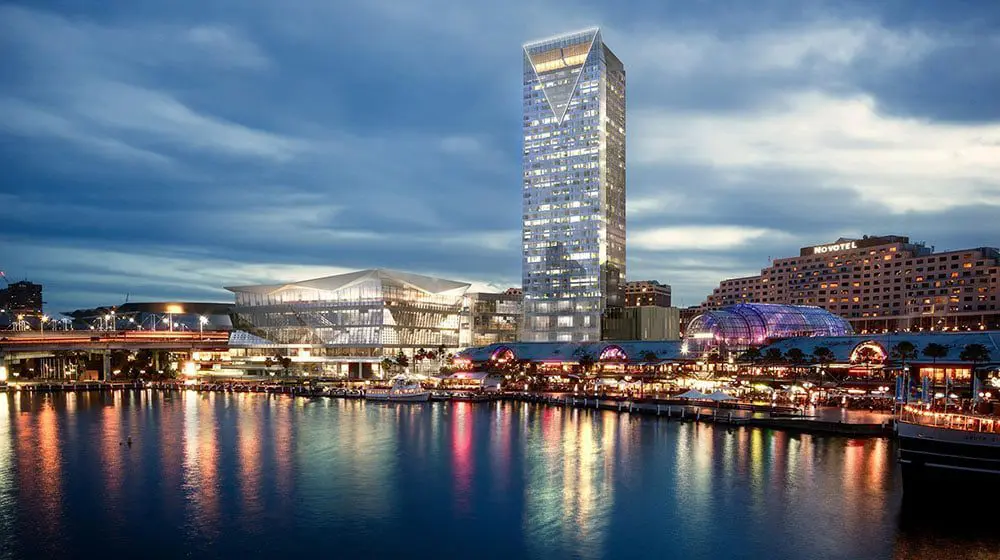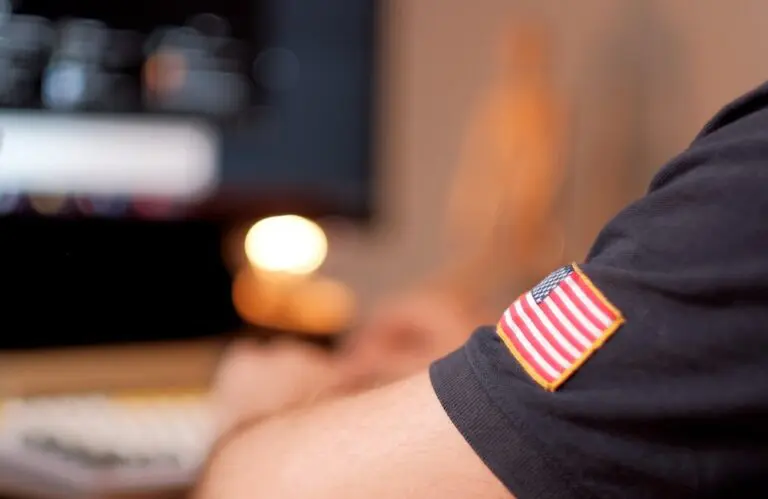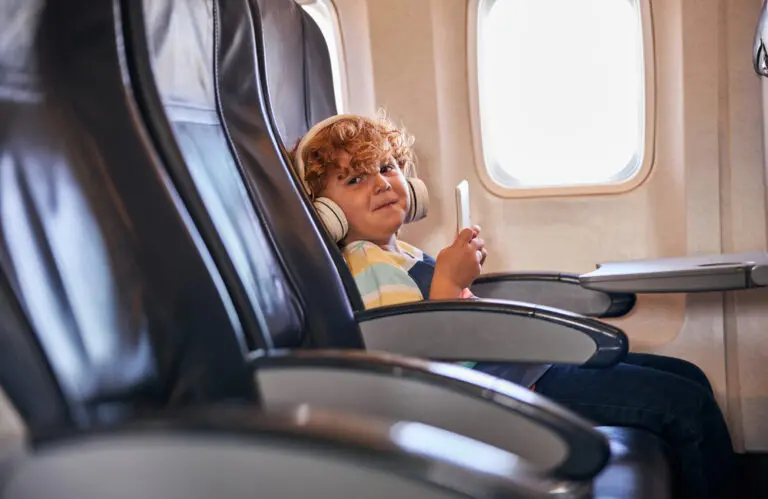Accor has announced its commitment to join the UN Global Tourism Plastics Initiative and to remove all single-use plastic items in guest experience from its hotels by the end of 2022.
This action by Accor toward reducing environmental impacts and strengthening efforts to combat plastic pollution of the world’s oceans and other natural environments is a significant step forward for the global hospitality industry and for the group, which has been committed to sustainability for many years.
READ: REFILL: G Adventures Urges The Industry To Reduce Single Use Plastic
READ: SUSTAINABILITY: Air New Zealand Reduces Plastic by 55 Million Items!
“We are aware of the significant impact we have on our planet and our responsibility to create tangible benefits for our employees, guests, suppliers, partners, and host communities,”
Sébastien Bazin, Chairman & CEO, Accor
Commitments
Welcoming over 120 million guests and serving more than 200 million meals each year, Accor takes its role as a responsible corporate citizen to heart, working within the framework of its sustainable development program, for the past 25 years.
In addition to the company’s previous commitment to eliminate all plastic straws, stirrers and cotton buds, the new commitment includes:
- The removal of individual plastic toiletry amenities and cups by the end of 2020.
- The elimination of all remaining single-use plastic items in guestrooms, meeting areas, restaurants, and all leisure activities areas (spas, fitness centres, etc.) by the end of 2022.
Single-use plastics are defined as disposable items that are used only once and then discarded.
Relevant alternatives to plastic will be proposed for each specific item, considering Life Cycle Assessments to ensure better environmental performance for the solution proposed to our hotels.
With more than 200 million single-use plastic items used every year in all areas, hotels are already reducing significantly their impact. Several have deployed effective solutions by choosing more sustainable alternatives. For instance:
- 94% of Accor’s hotels have eliminated the use of straws, cotton buds, and stirrers. The remaining 6% (mostly in China) will do it by end of March 2020
- 89% of ibis’ hotels are using dispensers. This means 2087 ibis family hotels have already dropped single-use plastic for this equipment. Accor ibis family hotels in Latin America will follow the same initiative this year.
- Fairmont has used new construction and renovation standards in another example of one of our brands’ efforts. Its hotels incorporate water filtration taps in guest rooms to eliminate bottled water altogether.
- To go further, its new brand “Greet” was created to answer our guests’ needs, so it is in the brand’s DNA to be plastic-free. There is zero disposable plastic at breakfast and reusable dishes are utilized for butter and jam. In addition, there is zero disposable plastic in rooms and other parts of the hotels. Accor plans to open 10 more Greet hotels in Europe this year.
In addition, several Accor hotels within the group’s portfolio of world-leading brands – including Novotel Yangon Max, Myanmar, Sofitel Bogota, many hotels in Bali & Lombok, Indonesia, Ibis Styles São Paulo Anhem – have already taken steps individually to be plastic-free and are advancing towards a 100% single-use plastic-free objective.
One of Accor’s main purposes besides finding alternatives to plastic and reducing environmental impacts is to positively change common mind-sets globally by adopting the 3R logic: Reduce, Re-use and Recycle.
“Plastic pollution is one of the major environmental challenges of our time, and tourism has an important role to play in contributing to the solution,”
UN Environment Programme Economy Division Director, Ligia Noronha.
Click here for more information.







